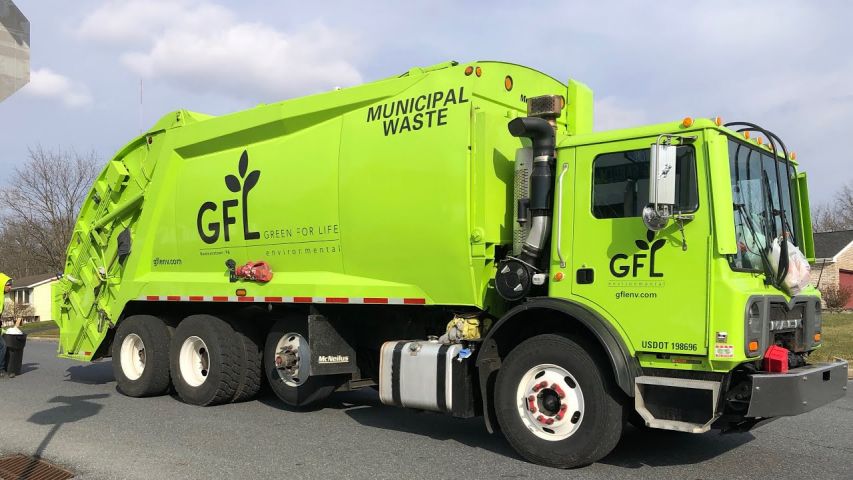District monitoring emerging watershed trends
Huntsville Council was advised about emerging watershed trends, in the June 24, 2024, meeting.
District of Muskoka Manager of Watershed Programs, Glen Cunnington, provided an update on watershed issues and steps the District is taking to reduce the impacts.
One of the critical issues of the watershed is the impact of climate change, which contributes to problems such as flooding. Cunnington said that in the past a major flood was expected every 100 years, however, that pattern has changed to 4 every 10 years.
He added that another issue they’re investigating is the impact of draught. For instance, if the ground is too dry prior to a heavy rainfall it can contribute to flooding. He said, “Dry soil doesn’t absorb water well. It rolls over top.”
Cunnington advised that an emerging trend the District is seeing is microplastics in the watershed, which has an impact on people’s health. He said that indicators show microplastics within the cells of the body, including in fetuses.
Councillor, Dione Schumacher, inquired about an increase in algae blooms and cigarettes the water.
Cunnington confirmed that there is an increase in algae blooms. Upon investigation, staff questioned whether the increase was a result of more people coming to their cottages once Covid hit and staying later in the season. However, they concluded the increase was a result of the hot weather keeping the lakes warm, especially given less wind.
He also confirmed that cigarettes in the water is an issue because the filters contain microplastics, in addition to other toxic chemicals that leach into the water.
He advised that the District is working on various projects to understand and modify ongoing issues.
He explained some of the District ongoing projects, as follows:
- Hydraulic Model. Studying how water moves through the watershed. Once they understand the system better, they can consider more specific questions, such as how forest fires or rainfall changes the way water moves, along with other impacts from climate change. For instance, it is expected that the spring melt will happen earlier in the season moving forward.
- Flood Plain Mapping. This is an important step that can help staff understand impacts and plan better. Having more information to work with allows for improved operational adjustments, such as investigating different ways dams can be used to manipulate water levels to address issues. Understanding the impacts also helps estimate costs to private and public properties based on levels. Three quarters of the watershed has been mapped so far.
- Structural Mitigation and Flood Modifications. For instance, staff are considering whether keeping Huntsville’s Brunel Road lock open in the spring is a viable way to move water around, or whether berms can be used temporarily to keep water out of commercial parking lots to protect businesses from floods, or whether raising John Street is a viable option.
- Planning Policies. This includes a Land Use Policy Review and investigating the differences between the upper and lower tier municipal policies within the District and seeking greater consistency. For instance, some allow boat houses on specific lake types and others don’t.
- Erosion Surveying. This includes ongoing and consistent steps to monitor waterfront erosion, including public participation using the District’s E-rode app. The app allows people to submit photos of lake and river erosion to help the District with monitoring and plan implementation for lake health.
Cunnington continued that the province has provided $4.5 million in funding for projects to help reduce negative impacts and support management systems to create a social, economical, and environmental balance.
He added that the more they understand the issues, the better they can establish plans and objectives to deal with them.












